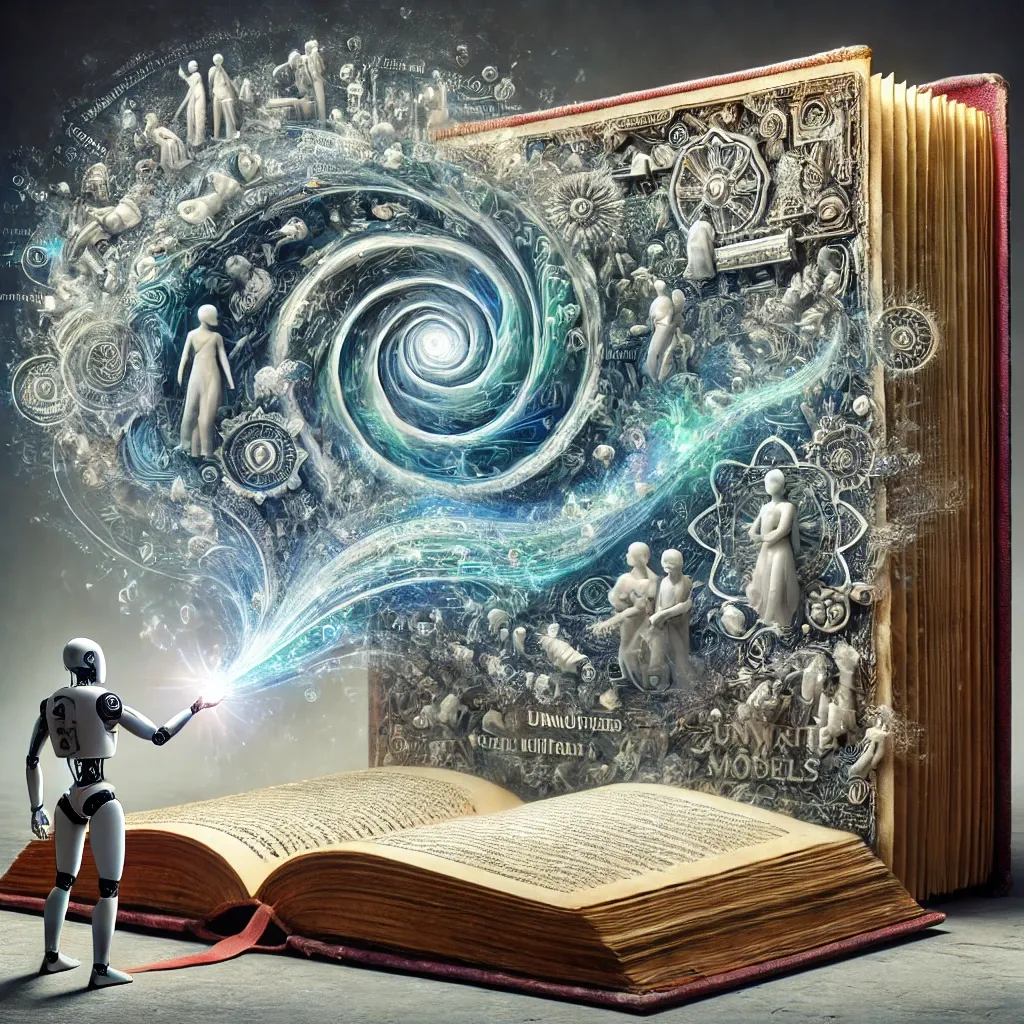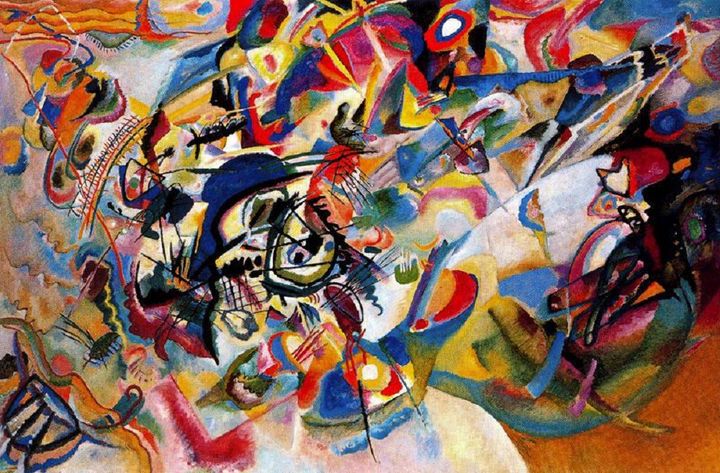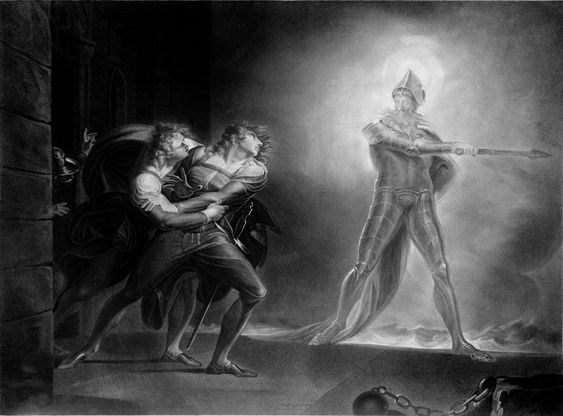ChatGPT: The missing piece
"It's a curious thing – to see a computer generate thoughts so rich and detailed, as though a person were thinking and typing at superhuman speed."

📩 Contact Nicholas Piano on Tela:
https://tela.app/id/nicholas_piano/7d32b1
🤝 Add Nicholas Piano on LinkedIn:
https://linkedin.com/in/nicholas-piano
💎 On Tela, every message pays you. Use Tela to reduce your inbox overload. You can sign up here:
https://tela.app/id/nicholas_piano/c86e4c
It's a curious thing – to see a computer generate thoughts so rich and detailed, as though a person were thinking and typing at superhuman speed. It's quite an arresting thing to witness.
However, in my admittedly limited experience of using and studying the technology behind LLMs such as ChatGPT, I have always felt something was missing. I may have started to identify what it is: LLMs lack what is not spoken. I will take some moments to explain.
A friend, John Underwood (Tela: tela.app/id/john_underwood), recently crafted an excellent application that uses an LLM to allow a user to explore the propositions of Wittgenstein's Tractatus Logico-Philosophicus simply by asking questions. Try it here: askwitt.intelligentartifice.tech. An exercise for the reader: try asking a famous question that Wittgenstein pondered: "would we be able to understand a lion if it were able to talk?"
One of Wittgenstein's most important ideas is that language does not contain meaning, but rather allows us to encode it, given a shared context. That is, words do not correspond to things in the world by themselves, but rather are mental tools that we use to transfer ideas between each other. The meaning of words changes with context, and that context is built slowly through relationships, experience, and culture.
What LLMs lack is the shared context, because so little of it is written down. The words we write invoke shared context. We rarely write down the actual shared context. LLMs, on the other hand, are a function only of what is written down. They necessarily lack the ideas present in culture to which the words we use every day are referring. The best they can do is pretend.
Take, for example, the story portrayed by Leonardo DiCaprio in Catch Me If You Can. It is the story of a modern con man who makes his way in the world by charisma and confidence. He learns just enough of a chosen vocation to fool even experienced professionals that he is, variously, a school teacher, an airline pilot, a doctor, and a lawyer. Ironically, it is now clear that the writer and protagonist, Frank Abagnale, fabricated most of the story.

This is what I believe LLMs are capable of doing: trickery. Without relationships, without experience, and without culture, they are capable of role-playing someone who has done many years of work in a whole range of fields. Just like Frank Abagnale, they lack the context to which the words they are using refer, because it was never made available to them.
A moment of Fridge Horror to consider: it's possible that this process of confident pretence is what most humans do with 90% of their time. We simply march forward to the most likely next word almost thoughtlessly. No wonder the output of an LLM is so familiar to us.
The element that an LLM might always lack is that which is not written down; that which is not spoken. The shared human experience of the world.
📩 If you have any questions about Tela Network - please contact Nicholas Piano:
tela.app/id/nicholas_piano/7d32b1
☕️ Subscribe to the Tela Network Podcast:
youtube.com/@TelaNetworkPodcast
☕️ Follow Tela Network on LinkedIn:
linkedin.com/company/tela-network
☕️ Follow Tela Network on Twitter:
twitter.com/tela_updates
🔔 Join the Tela Social channel on Telegram to get every new update:
t.me/tela_social
📸 Follow Tela Network on Instagram:
instagram.com/tela_updates
💎 Check out the Tela Referral Program:
telablog.com/tela-referral-program


